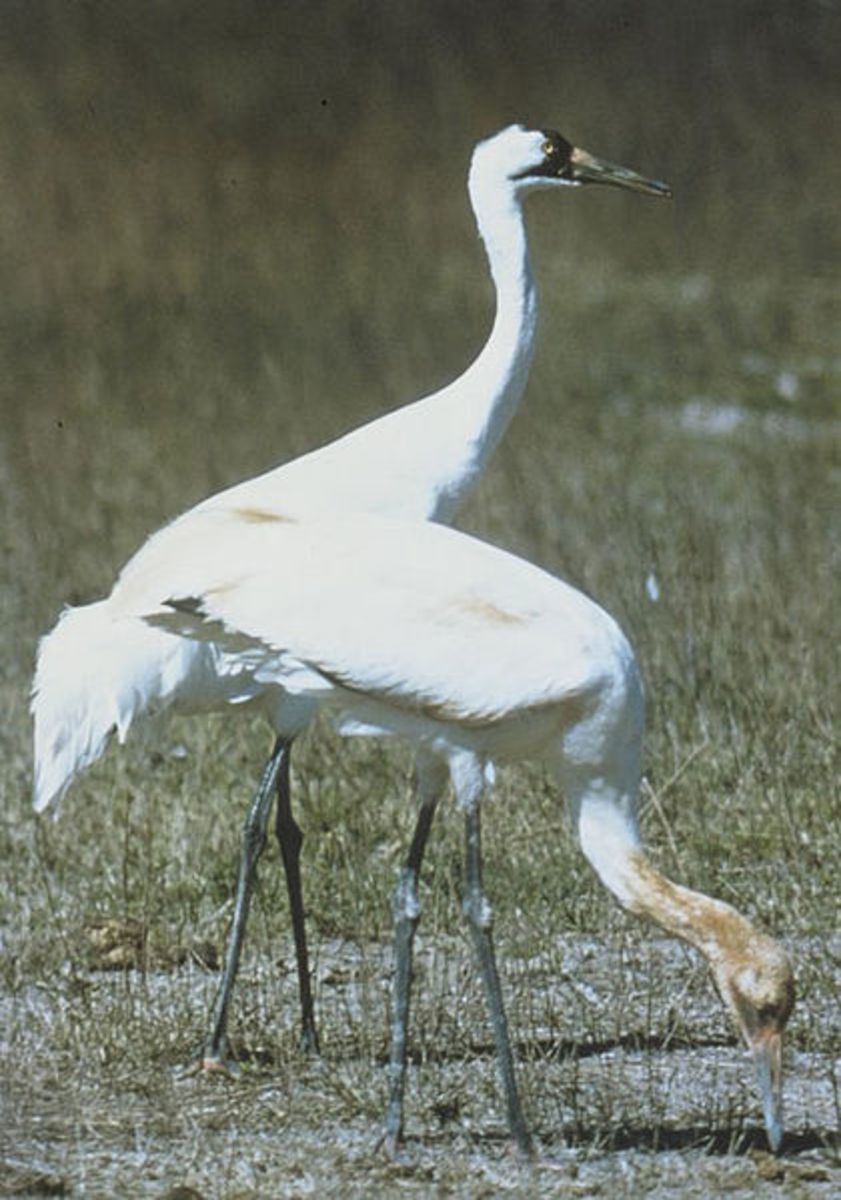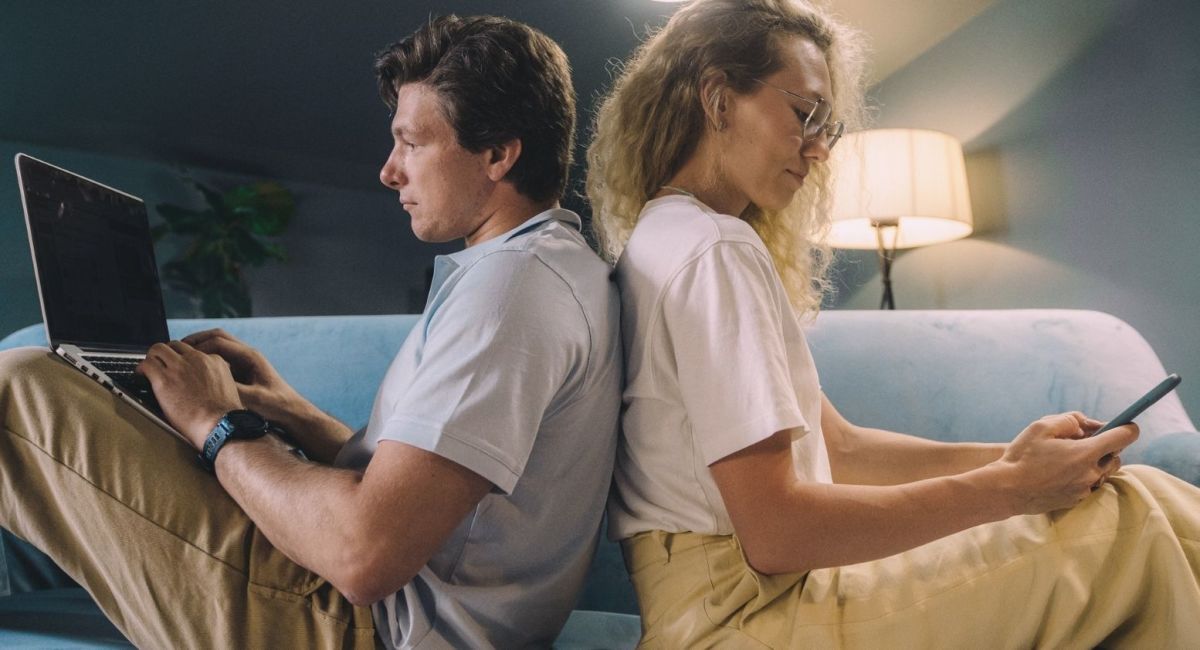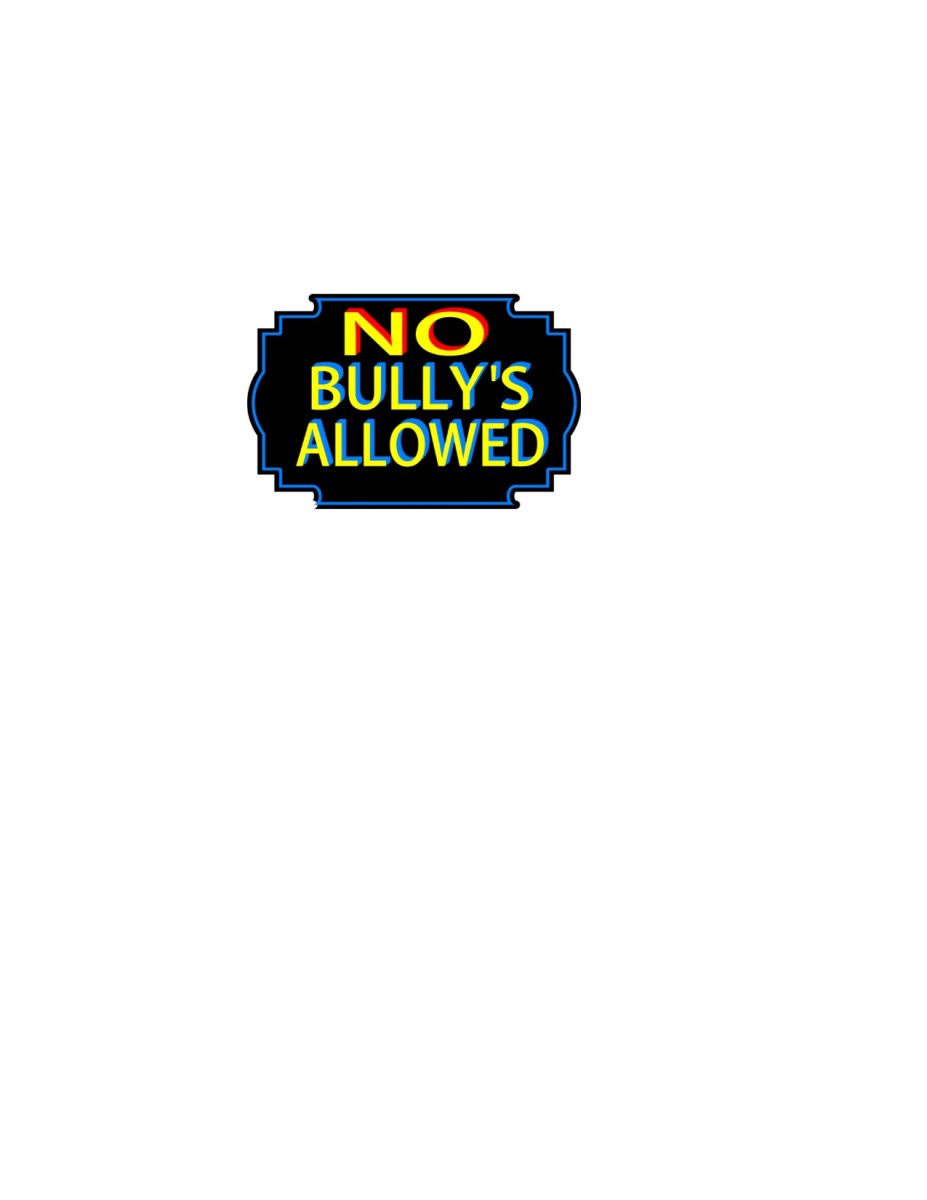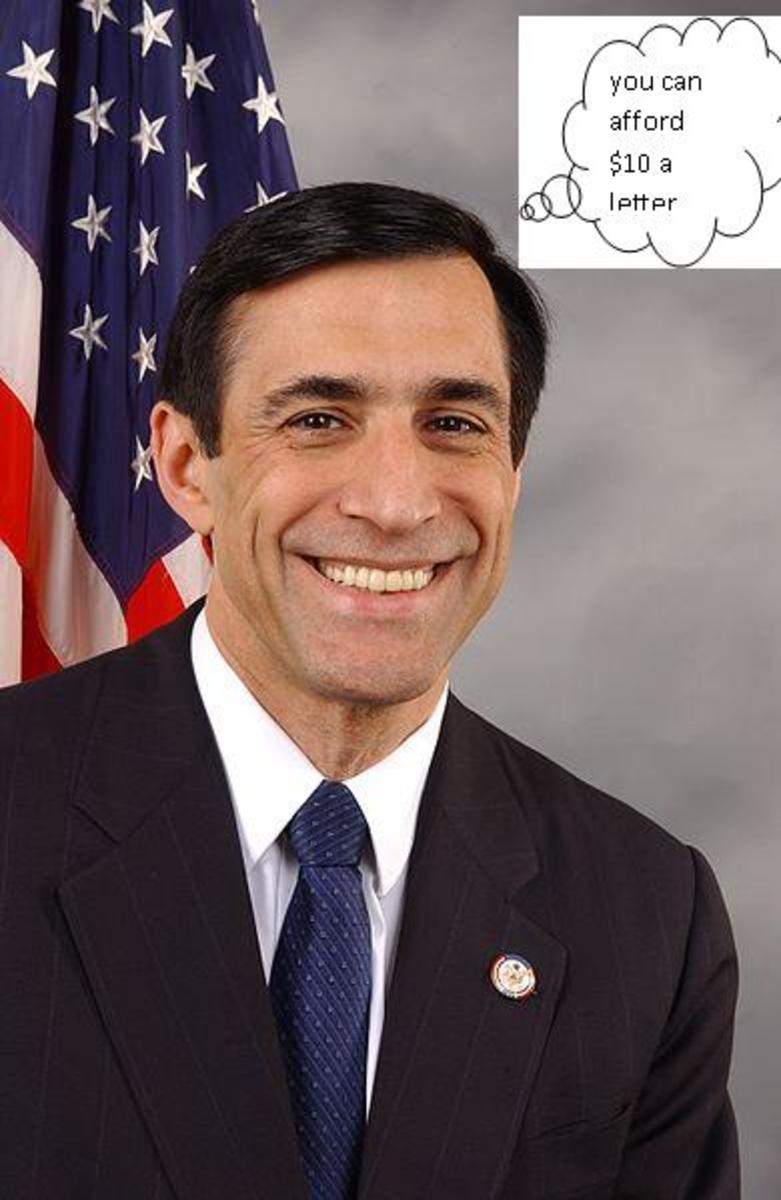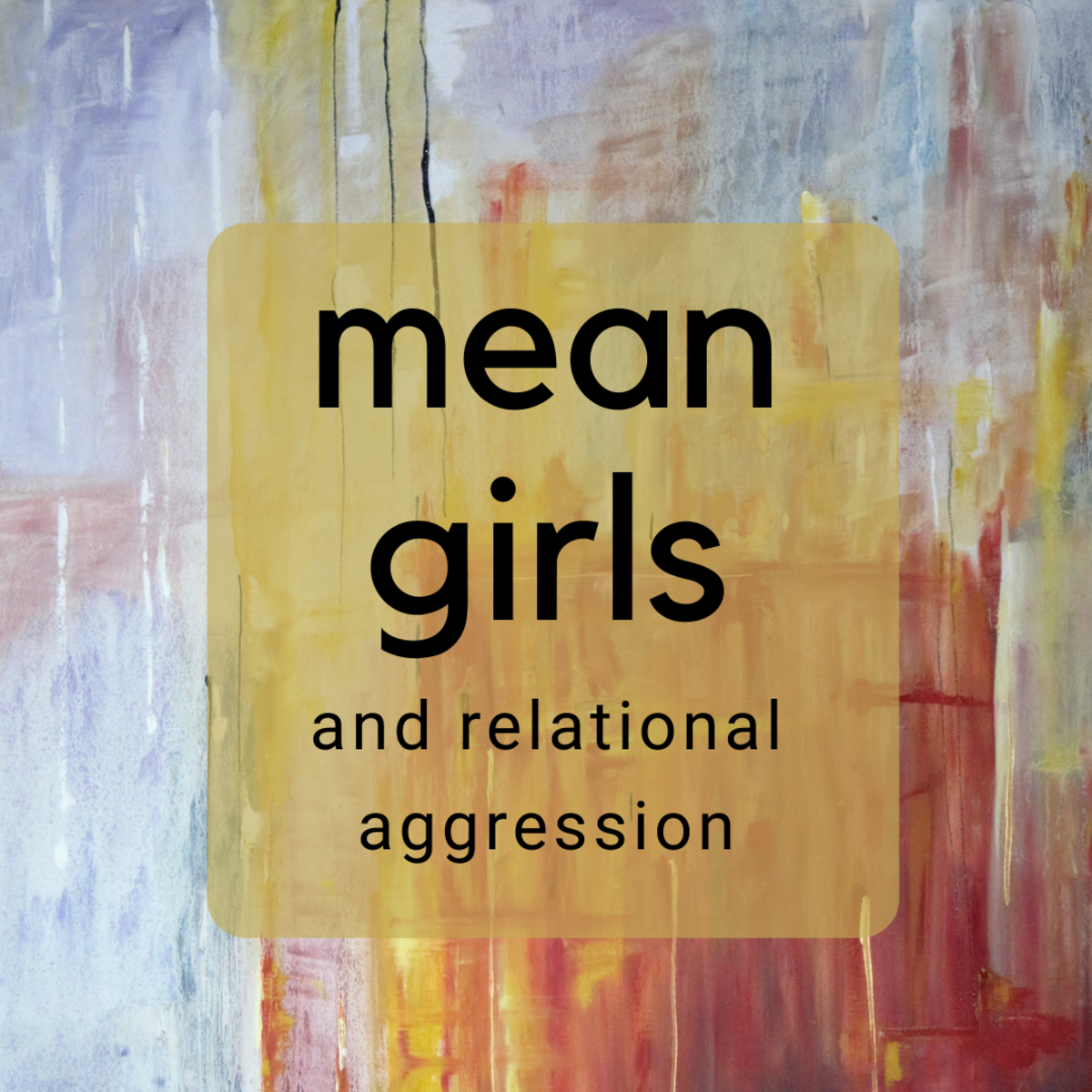Dear Teenagers: Don't Be Afraid To Use Your Voice
Teenagers: Your Voice Is Powerful
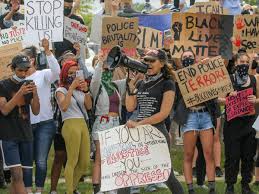
Nurture The Voice Of Our Youth, And See How Far They Can Go
Like many kids across North America, my nearly-16-year-old daughter is deeply disturbed about the protests going on in the wake of George Floyd's death at the hands of police.
She understands that historically, there has been systemic racism across North America and while it doesn't appear to be quite as pronounced here in Canada, it still does exist. She understands that what happened doesn't mean that all police are bad, but she does now see that there has been inherent issues in society that appear to be both racist and sexist in nature. She's expressed an interest in learning more about gender and racial equality, a fact for which I'm very proud.
However, she's also questioned what she can do about what's happening in the world. I might be wrong - goodness knows, I'm wrong several times a day about a wide range of topics - but I think there are probably many youth in our society and our world who also are wondering how to help. While I support people's individual rights to peacefully protest and assemble to stand up for what they believe is right and fair under non-pandemic circumstances - I still feel it's foolhardy to assemble in the numbers that people are assembling in for the protests, given we are still in the grip of the COVID-19 pandemic, particularly in the United States - there are other ways in which youth can make a difference.
Youth likely forget the power of the written word, even when they are the most plugged in generation and communicate in many more ways than generations before them have done. They can create videos, write blogs of various sorts, and create art in ways those of us from previous generations would never have considered.
However, as someone who teaches and deals with this generation's youth on a daily basis - at least, for most of the year - I can safely say there are quite a few kids who feel as though they aren't taken seriously, either by their parents or by adults who are otherwise in a position of authority over them. There are individuals - myself included - who have, at times, dismissed teens because they are in the midst of hormonal shifts, or because they appear moody, or haven't yet learned to manage emotional upsets because they are still navigating those feelings. That means the ways in which communication rolls out between teens and adults can be fraught with complications and that teens are still trying to determine the best way in which to express themselves when there's something on their minds.
However, there's so much going on beneath the hormonal shifts and the emotional upheaval that so defines adolescence that sometimes it's really easy for both teens and adults to forget that if we listen, teens have incredibly powerful voices. Adults - and, let's face it, fellow teenagers - need to work together to help those voices be heard. These younger people have great, creative ideas, and it's really important to guide them in their efforts to express those thoughts, because it's incredibly naive for us as adults to believe that we are the only ones with decent ideas.
There was recently a young person who approached me, troubled because there was an advanced history class that students wanted but was likely going to be cancelled. This young person asked for advice, wondering what could be done, because for generations, we have been told that once schools had decided on a course of action there would be no changing it, so what would be the point of fighting for something that was wanted? I suggested that interested students should contact the school and see what potential courses of action could be taken to secure this course for those who were interested, and a few days later, this young person happily told me that she had contacted the school and that there were a few students who had also reached out to the school. I'm not 100 percent certain what their entire course of action was, but the upshot is, this young person took a stand and raised her voice to fight for what she wanted, and it worked.
Using your voice doesn't always yield results, unfortunately, but those of us who live in a free democracy have long had the ability to at least attempt to fight for change. Those individuals whose countries have always fought to stifle dissenting voices may not be as fortunate, but they have had to muster every last ounce of bravery they could to fight for change.
We also don't live in a utopian society. That's why our voices - and those of our youth - need to continue to speak out against injustices in this world. That's why we need to look at the unfairness that exists, question why it's there, and work to shift that. That's why, when our youth step forward in the midst of the racial and gender inequalities and inequities that continue to exist in our world and ask how to change things for the better, we need to encourage them and guide them to use their words in any positive way they know how.
People may not like what's said, but that's part of change too. Youth, continue to raise your voice - you will change the world for the better one day.



